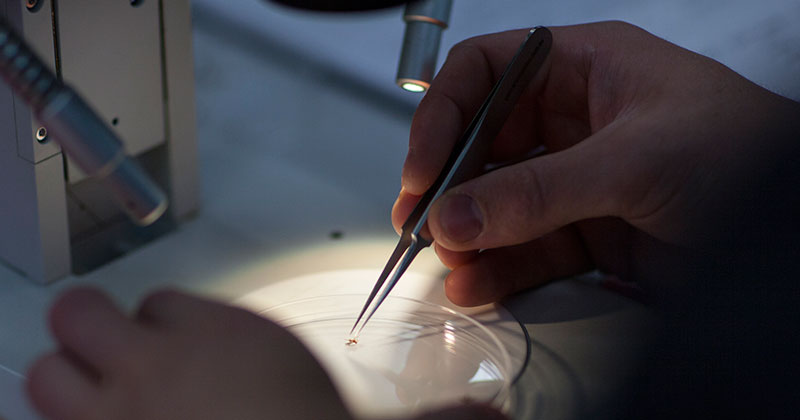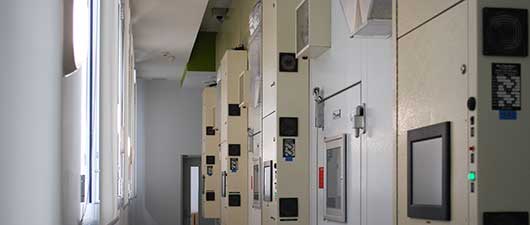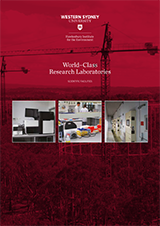Labs & Growth Chambers
The Hawkesbury Institute offers modern, fully-equipped research laboratories based in close proximity to its field-based facilities

These recently-constructed PC2-compliant laboratories enable researchers to access the latest technology including controlled growth rooms and chambers, industry-certified Next Generation Sequencing labs, laser dissection microscopy, a range of analytical instrumentation for environmental chemistry and the nearby Confocal Microscopy Centre.
The Institute has invested heavily in providing the most up-to-date facilities for researchers and collaborators. These facilities provide comprehensive equipment and technology capabilities including access to:
- Climate controlled growth chambers to manipulate light, temperature, humidity and day length cycles
- Industry-certified Next-Generation sequencing equipment from Illumina and Roche
- A range of analytical instruments including elemental analysers, chemical analysers, GC, GC-MS, HPLC, Uv-Vis and NIR spectrophotometry
- State of the art molecular biology instrumentation including capillary electrophoresis sequencing
- Laser microdissection microscopy and other microscopes in the Confocal Microscopy facilities within the School of Science and Health.
- Use of the microscopy services available through the UWS Advanced Materials Characterisation Facility (AMCF).

The eight Growth Chambers form an integral part of our plant physiology research program, enabling us to create precisely controlled experimental arrays.
With full control over plant growth variables, our researchers can use these rooms to examine future climate scenarios and interacting effects of water, nutrition and other factors.
The soil microorganisms from the experimental chambers will be analysed using state-of-art genetic analyses. These analyses will identify the diversity of microorganisms present in the test chambers and determine any changes in the variety of organisms present, or in their ecological function, as a result of the altered environmental conditions.

